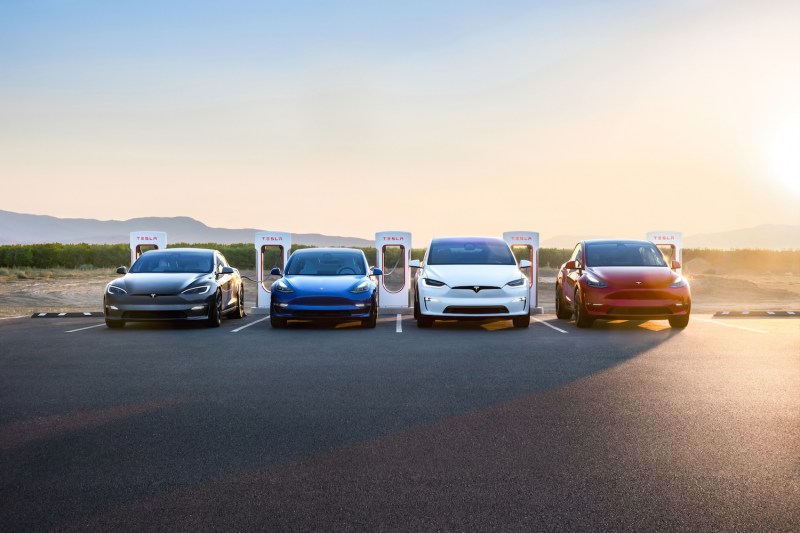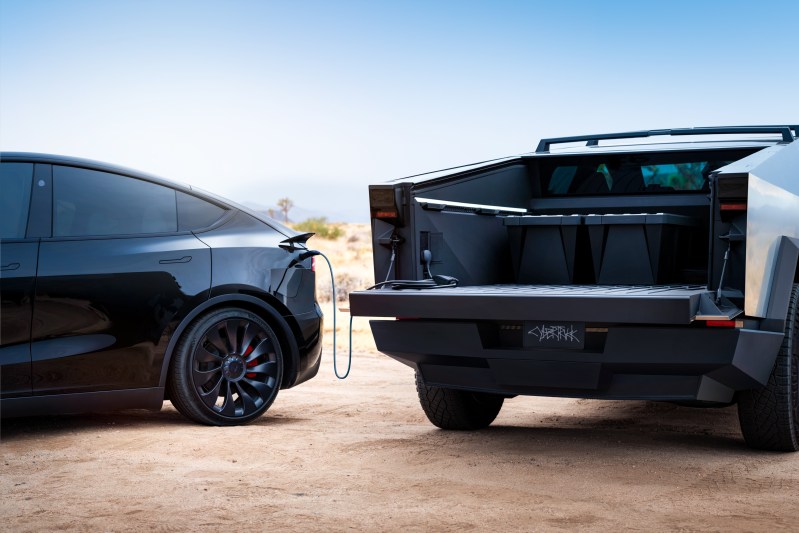
A few short years ago, siblings in the back of cars would have to rely on made-up games like counting red cars to pass the time on long road trips. Today, with the number of in-car screens and WiFi hotspots, it would be a surprise if kids even look out the windows of a car anymore. But, if counting games were still a thing, then ‘Spot the electric car’ would undoubtedly be an extremely time-consuming activity.
The EV revolution is alive and well, but we seem to forget that, like those children, most of the technology behind this hard-charging movement is still in its infancy and, thus, prone to reliability issues. Consumer Reports has released a study that proves that both EVs and PHEVs are far less reliable than the gas-powered cars they are trying to replace.
Consumer Reports’ reliability metric is calculated using a weighted score for potential problem areas associated with each type of vehicle combined with track testing and safety data, as well as owner satisfaction survey results to come up with an Overall Score.
Each type of vehicle was assigned a number of potential problem areas. According to CR:
• Internal Combustion Engine (ICE) vehicles have 17 potential trouble areas.
• EVs can have up to 12 trouble areas. Traditional ICE problems are not included, such as those with the engine and transmission.
• Hybrids have 19 potential trouble areas: 17 from ICE vehicles, as well as electric motor and EV battery.
• Plug-in electric vehicles (PHEVs) can experience all 20 trouble areas: 17 from ICE vehicles, as well as electric motor, EV battery, and EV charging.

Working under the premise that gas-powered cars serve as something of the average, this report brings us good news and bad news for potential new car buyers. The good news is that hybrids have 26 percent fewer issues compared to their internal combustion engine (ICE) counterparts.
The bad news is that, on average, electric vehicles have 79 percent more problems than their fossil-fueled kin. EV drive systems, charging systems, and those very expensive massive batteries are all issues that have been reported to CR from EV owners.
The worst news is that plug-in electric vehicles (PHEVs) have a whopping 146 percent more problems than ICE vehicles. This may be, in part, due to the fact that PHEVs have all 17 problem areas associated with gas vehicles as well as the added motors, batteries, and charging systems of EVs, giving them the most potential trouble areas of the four types of vehicles in this study.

Out of all cars surveyed, the top three brands in terms of reliability are Lexus, Toyota, and Mini, taking the top three spots. While at the other end of the spectrum, Chrysler sits dead last, with Mercedes-Benz coming in second to last, and Rivian rounding out the bottom of the barrel. It should also be noted that Consumer Reports says that it did not have enough data to rank Alfa Romeo, Fiat, Jaguar, Land Rover, Lucid, Maserati, Mitsubishi, or Polestar.
The bottom line is that although more and more customers are coming around to the idea that EVs are inevitable, we might not yet be at a point where greener is always better, technologically speaking. But as we’ve seen over the last decade, technology can grow with the expediency of a well-fed teenager. It won’t be long before we get through this engineering adolescence, but until then, it might be worthwhile to do a little research before heading to the dealership so you can play and win, ‘spot the reliable’ EV.


